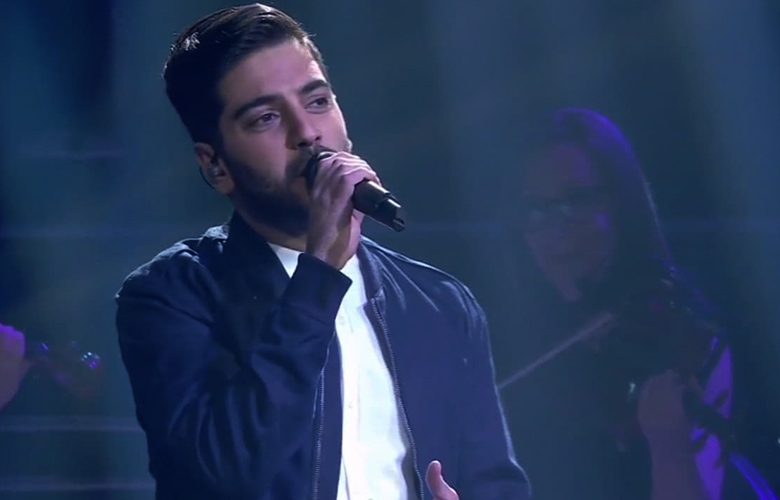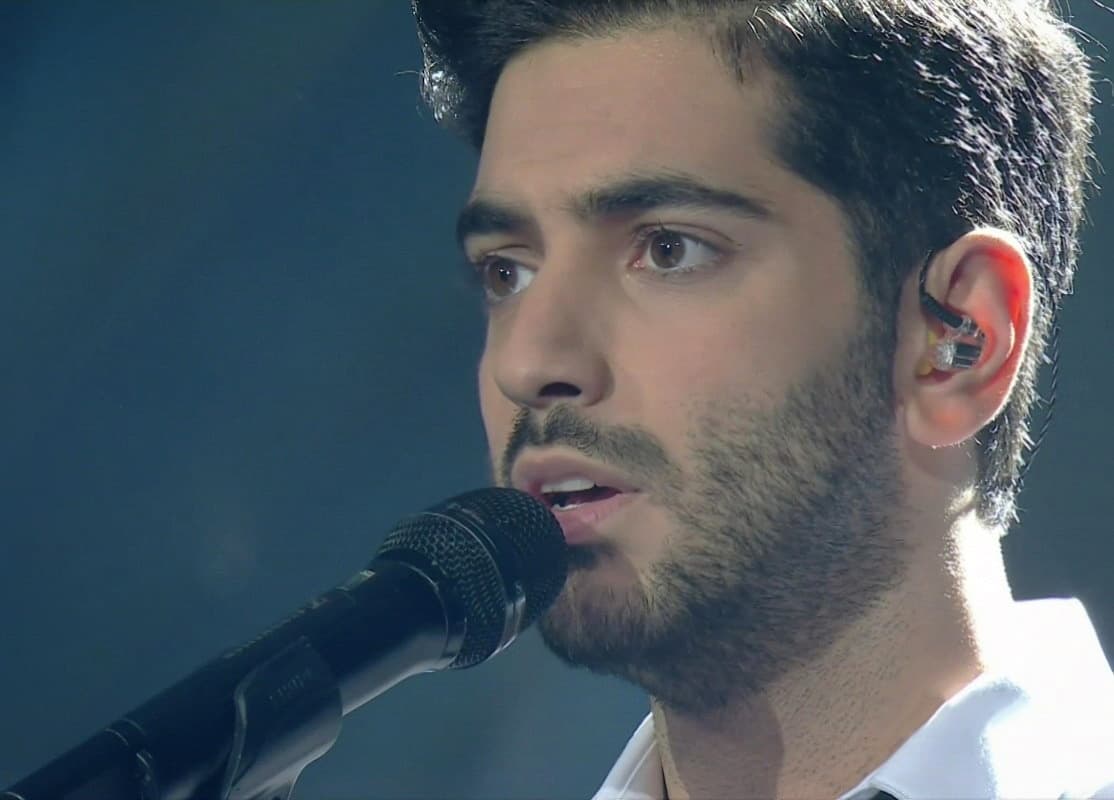
Bianca Ryan, Joe Robinson, Louisa Johnson, Jennifer Bartoli, Matt Cardle, Yann Freget, Kelly Clarkson. These people all have something in common: they all were ratings gold for TV producers and on the cover of every magazine in the US, France, England or Australia at one point in time. America’s Got Talent, Star Academy, X Factor, American Idol, and The Voice gave them far more exposure and broader audiences than long weeks of playing a different bar each night and auditioning for a new part every other morning. They won the hearts of audiences, a grand winner title, and a record deal. How many from this line-up are still relevant today and living off their talent, years after that break-through performance? Is this victory on live TV a real career starter or just another flash in the pan? How important is “talent” in “TV talent shows” and how can a voice last beyond “The Voice”?
There is no denying that these shows are about visibility and that personal life stories are just as featured as the participants’ ability to sing. Several critics even question whether or not someone who “just sings well” can win or do they also need a tough upbringing, a broken heart or some form of illness to secure a victory? Mory Hatem, a Lebanese singer who has appeared on the Middle-Eastern and Canadian productions of “The Voice,” admits that TV audiences LOVE a good story and that knowing more about a participant definitely can tilt the scale in their favor:
“It is TV after all! Still, spectators aren’t deaf and won’t vote for someone who cannot sing. Someone’s story can be an influential factor, as long as it ain’t more important than their performances.”
Sitting with the 27 year old, similarities between the persona he projects and how he performs are clear in how he always takes time to listen and think carefully, most often with a smile, and never rushes into anything. Such an attitude of being in the moment and taking it all in is at the top spot of his priority list when asked about the best way to approach any talent show. “It can’t solely be about winning. There is so much experience, maturity, and visibility to be gained if you are present, listening to and learning from everybody. It’s a competition, but it is more about showing what you do best rather than doing it better than the others. Do not compare yourself. Focus on what you got, on who you are and, most importantly, sing with and from your heart. That never fails.”
Such quality can be heard in his moving, nuanced vocals and partly explains why, despite not coming out on top, he was invited to join a band after making his Middle-Eastern TV debuts and is now rehearsing for his own solo concert, only weeks following the quarter-finals in Montreal.
Because those programs can propel a singer forward, they are perceived as both the ignition to an artistic career and the powerful engine behind it. Considering how many hopefuls have already given it a try and keep on belting in front of cameras before disappearing as quickly as that judge chair turns, they often are neither.
“There is a huge difference between being launched and maintaining that height, which is why a handful of winners have managed to build a lasting career for themselves and many runner-ups are still present in the industry. One’s initial motivation can have a huge impact on what they’ll get out of the show. Winning was never mine, in spite of being a very competitive person! My goal was to reach the audience by sharing my heart, as well as what I have to say and sing, with them. You want to be remembered, regardless of how far you make it in the ranking.”
Mory’s eyes start to shine with some form of excitement when he brings up his next motivation: meeting his idol, Lara Fabian, who then became his coach on the show. Growing up, the young man had always been inspired by “big voices” like hers, Céline Dion’s or Josh Groban’s and learned to sing by trying and reproducing what he was hearing. A huge smile spreads across his face when he explains that he’s always sung and been driven by a growing desire to express himself through songs. He wasn’t even ten years old when he started attending local concerts and spending his money on DVDs to learn from professional recording artists in a country where being a singer is considered a hobby and not a serious profession.

Listening to the self-employed describing the amount of work that awaits simply to get work significantly reduces the difference between the TV contestant, the performing arts school’s graduate or any other job-hunting graduate for that matter. Even if you’ve won a talent show, got the lead in the graduation piece, or ended your studies at the top of your class, it all comes down to a simple question: are you the right person for the job? No amount of TV exposure or diplomas will convince a committee if you cannot deliver what the position requires.
“You can keep on learning and should always strive for more, whether or not cameras are on you. By performing on ‘The Voice,’ I’ve learned to be even more true to myself and to the audience. I also have a better understanding of authenticity and of its importance. Follow your heart and see where it takes you. There are different paths and ways to win, especially if you’re a hard worker!”
Some of these words resonate and remind of those spoken by other runner-ups such as Jennifer Hudson who has appeared on Broadway stages, released three solo albums, won Academy, BAFTA, and Golden Globe awards… After being eliminated from American Idol! In France, musicals like The Lion King, Chicago or Cléopâtre did not cast Star Academy’s winners, but runner-ups Jean-Luc Guizonne and Sofia Essaidi who, like Mory, have managed to carve a niche for themselves in the industry. That is something that no TV producer can guarantee, that and platinum record sales, grand winner or not. Therefore, some might argue that there are too many talent shows for what feels like a saturated market at times. But there are those who are aware that writing their next career’s chapters off the air requires far more attention, energy, commitment, and perseverance than surviving another weekly elimination. To those, there is no reason to turn your back to this live casting concept!
“Being a part of it reaffirmed that singing means sharing a very intimate moment with an audience. To me I felt that I could really be myself and show a different side of me when I sang “S.O.S. D’un terrien en détresse” for my last performance on the show. This performance felt like this experience’s culminating point. One where I got to grow, became more grounded and learned a lot.”
In one last smile, the inspired singer puts his shades back on before heading back to rehearsals because, as he pointed out a few times, “there is still A LOT of work to be done!”
Diving into the Performing Arts Industry in 2019
The Day Comedians became News Anchors


Impassioned by performing arts, Martin Frenette started intensive dance training at a very young age before trading pliés and barres for ropes and somersaults at Montreal's National Circus School. He has spent a decade in Europe, performing in various productions. Circus Monti, Chamäleon Theater, Wintergarten Varieté, Cirque Bouffon, GOP Show Concepts, and the Friedrichsbau Varieté have allowed him to grow artistically and humanly. Martin has also invested time working as an artistic consultant, director, and choreographer for both circus and dance projects. He enjoys splitting his time between Europe, Canada, and the US, working on stage and creating for others. Writing has always been a big passion of his and he's thrilled to share his views on shows, the stage, and what's going on behind the scenes with other performing arts enthusiasts!
Read Full Profile© 2021 TheatreArtLife. All rights reserved.

Thank you so much for reading, but you have now reached your free article limit for this month.
Our contributors are currently writing more articles for you to enjoy.
To keep reading, all you have to do is become a subscriber and then you can read unlimited articles anytime.
Your investment will help us continue to ignite connections across the globe in live entertainment and build this community for industry professionals.